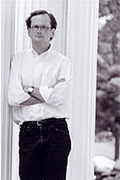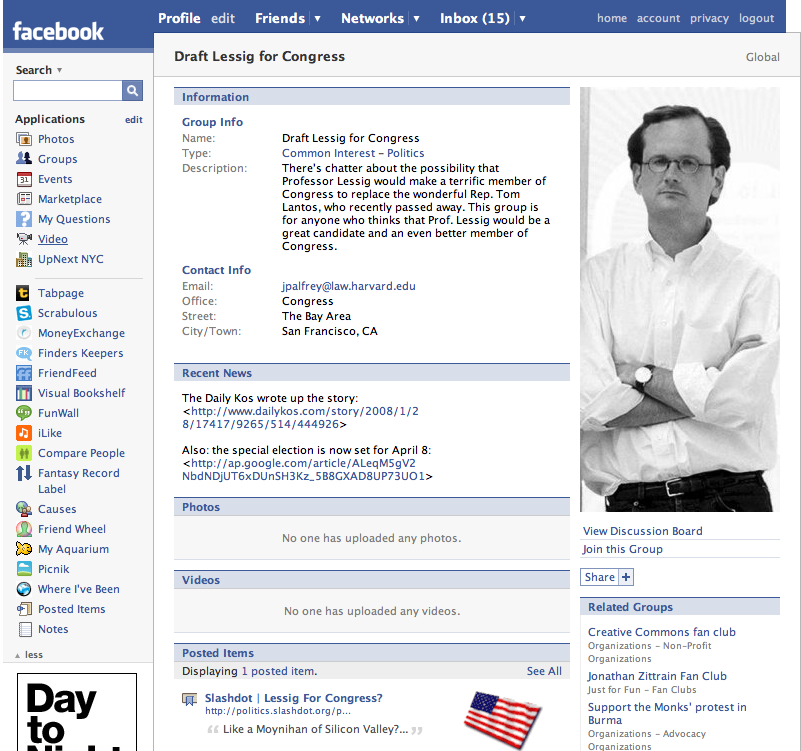 The back story:
The back story:
UC Berkeley graduate journalism student James Karl Buck was arrested on April 10 without any charges in Egypt for photographing a demonstration.
He used his mobile phone to twitter the message “Arrested” to his 48 followers, who contacted UC Berkeley, the US Embassy and a number of press organizations on his behalf.
The TechCrunch story by Michael Arrington is titled “Twitter Saves Man From Egyptian Justice.” Peter Kafka at Silicon Alley Insider disagrees:
We’re glad James is out of jail, but it seems that Twitter probably didn't spring him—being an American, with access to a cell phone, was probably more important.
So, did Twitter free Buck, or is the hype around the story merely hype? I think the reality is somewhere in between. While I agree with Kafka that the key here is that Buck is an American, it certainly helped him out a lot that he had a cellphone and was able to quickly notify his friends about his situation. He could have done this a number of ways, but he chose to use Twitter. It isn’t clear why he made this choice—maybe a call wasn’t possible?—but he did.
So what role did Twitter actually play in this situation? First, it broadcast the message of his predicament to a number of people at once, making it possible for all of them to agitate for his release and contact others—UC Berkley—who could also agitate for him.
Second, and I think perhaps crucially, Twitter made a permalink of Buck’s cry for help. As they passed on his story to larger organizations, Buck’s friends could point them to the archived version of his post, a fact which I imagine would have made their pleas for help on his behalf more convincing (of course, I have no proof this happened).
Although Buck clearly benefitted from his American citizenship, if Twitter helped him at all, I imagine it was in these two ways.



 CNET’s Caroline McCarthy has posted a
CNET’s Caroline McCarthy has posted a 
 The rumpled crusader maintains that that his campaign shouldn’t affect the outcome at all. But it’ll jack up his ego like a pimped-out Corvair.
The rumpled crusader maintains that that his campaign shouldn’t affect the outcome at all. But it’ll jack up his ego like a pimped-out Corvair.